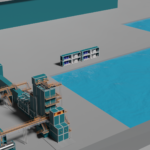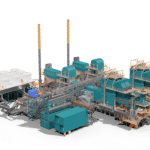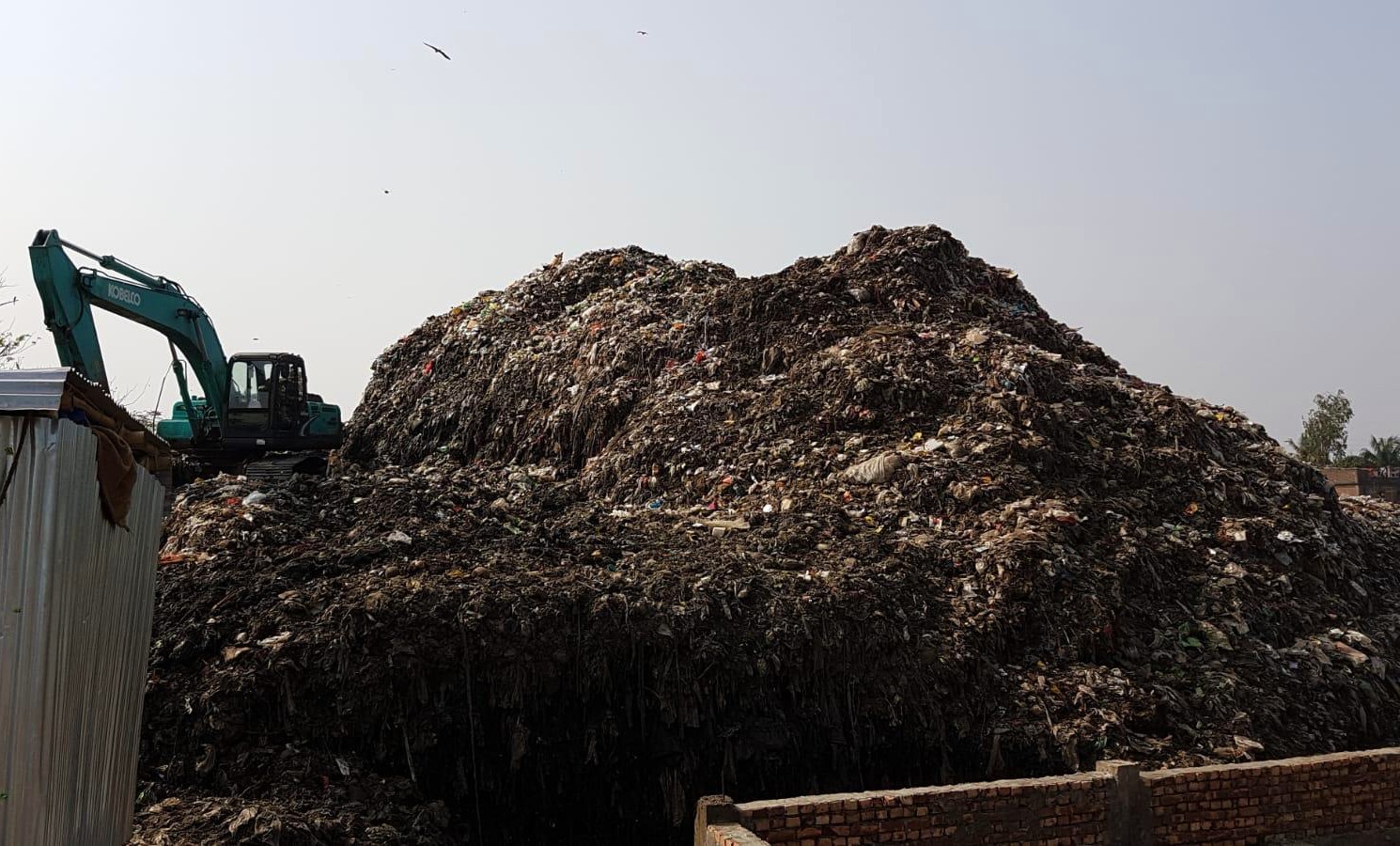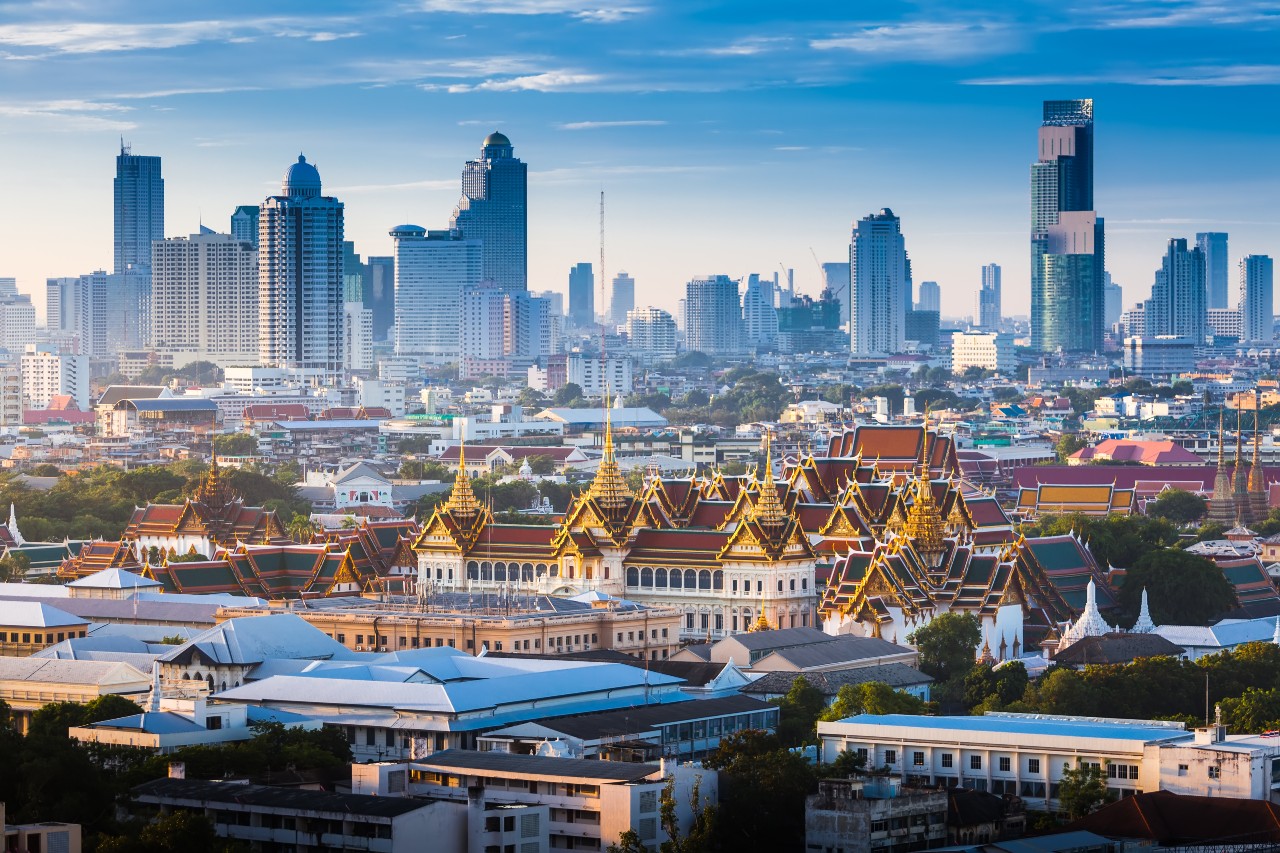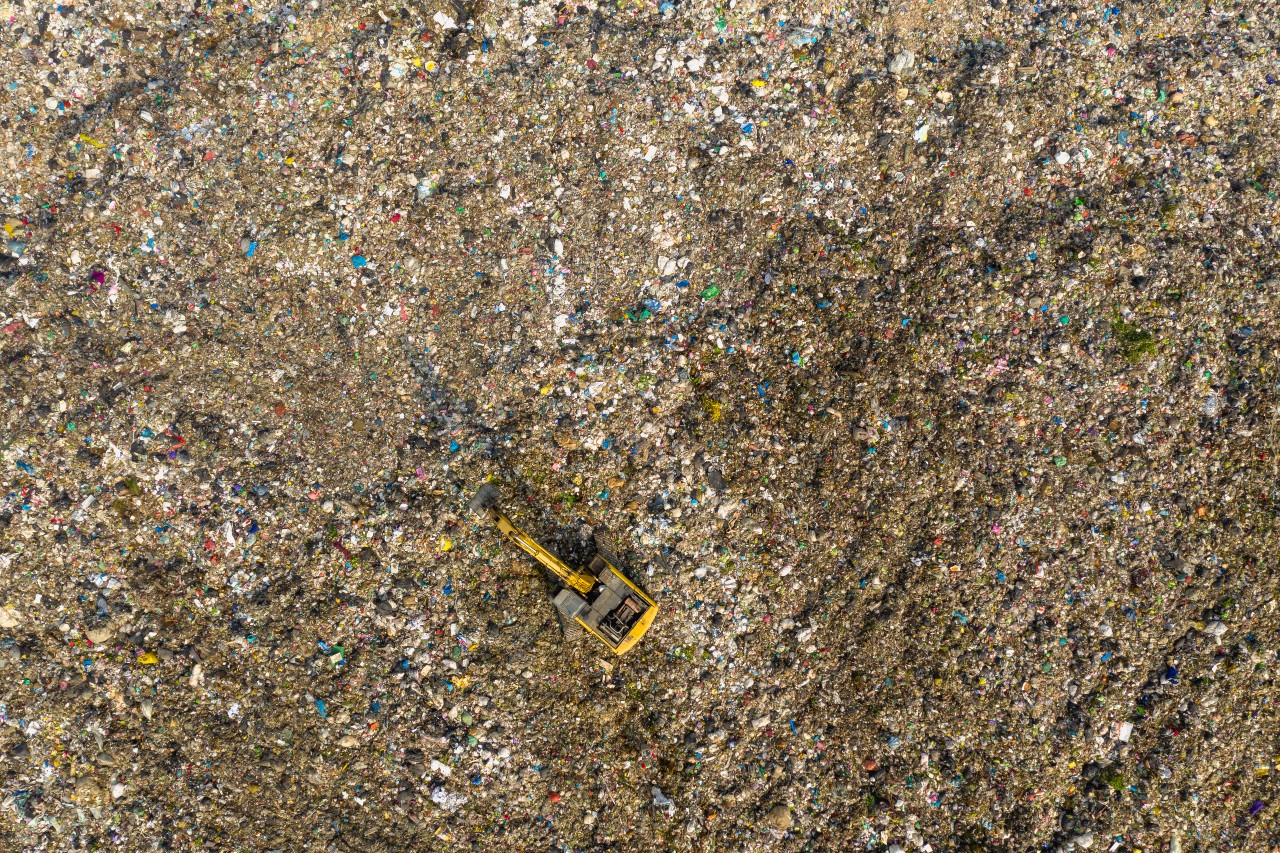Bangkok is the capital and most populous city of Thailand. It is known in Thai as Krung Thep Maha Nakhon or simply Krung Thep. The city occupies some 1,600 square kilometers in the Chao Phraya River delta in central Thailand and has an estimated population of 10.5 million as of 2020, 15 percent of the country’s population. Over fifteen million people (24 percent) live within the surrounding Bangkok Metropolitan Region, dwarfing Thailand’s other urban centers in both size and importance to the national economy.
Bangkok traces its roots to a small trading post during the Ayutthaya Kingdom in the 15th century, which eventually grew and became the site of two capital cities: Thonburi in 1768 and Rattanakosin in 1782. The city, incorporated as a special administrative area under the Bangkok Metropolitan Administration in 1972, grew rapidly during the 1960s through the 1980s and now exerts a significant impact on Thailand’s politics, economy, education, media and modern society.
Bangkok’s rapid growth coupled with little urban planning has resulted in a haphazard cityscape and inadequate infrastructure. Despite an extensive expressway network, an inadequate road network and substantial private car usage have led to chronic and crippling traffic congestion, which caused severe air pollution in the 1990s. The city faces long-term environmental threats such as land subsidence, which contributes to frequent flooding, an issue expected to be exacerbated by sea level rise and other effects of climate change.
Open-air city-center dumps, a total absence of street litter bins, an impractical waste recycling system and rampant overuse of plastic grocery bags are all evidence that Bangkok has a huge waste and waste management problem. Recently, the over-usage and production of plastic has caught the attention of the public, and initiatives to contrast and reduce plastic waste have spread in the whole capital city. But the situation remains problematic: the Chao Phraya remains one of the most polluted rivers in the world, no major recycling company picks up and organizes separated collection of waste in a widespread area, public initiatives on the matter are still rare and ineffective.
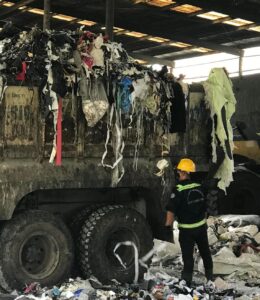 Another issue is the little integration between public and private sectors in waste management. The Government directions are not properly followed by most of the companies operating in the recycling business, resulting in a deterioration of the situation rather than an improvement. Plastic production is still at very high levels, despite the Government master plan for the reduction of production and consumption of it, and it is very difficult for citizens to recycle if their condominium or workplace does not have a direct contract with a company. No separated bins can be found in the streets, and finding bins is hard enough already, and waste-reduction initiatives are few, and mostly led by expats. The lack of attention to this subject has led to open-air, road-side and empty-lot dumps popping up around the city. Bangkok has an abundance of unmanaged landfills multiplied over the years that are not only a hazard to the environment, but also to the nearby inhabitants. Unmanaged garbage usually harms the city in two ways: it penetrates the surface, contaminating the ground water, and, as it is often illegally burned to solve the problem, pollutes the air with toxic emissions, severely damaging the citizens health.
Another issue is the little integration between public and private sectors in waste management. The Government directions are not properly followed by most of the companies operating in the recycling business, resulting in a deterioration of the situation rather than an improvement. Plastic production is still at very high levels, despite the Government master plan for the reduction of production and consumption of it, and it is very difficult for citizens to recycle if their condominium or workplace does not have a direct contract with a company. No separated bins can be found in the streets, and finding bins is hard enough already, and waste-reduction initiatives are few, and mostly led by expats. The lack of attention to this subject has led to open-air, road-side and empty-lot dumps popping up around the city. Bangkok has an abundance of unmanaged landfills multiplied over the years that are not only a hazard to the environment, but also to the nearby inhabitants. Unmanaged garbage usually harms the city in two ways: it penetrates the surface, contaminating the ground water, and, as it is often illegally burned to solve the problem, pollutes the air with toxic emissions, severely damaging the citizens health.
Southeast Asia is one of the biggest sources of plastic waste from land to the ocean, and Thailand is among the top five contributors. In January 2020, Thailand placed a ban on single-use plastic, and was looking to reduce its plastic waste by 30% by year-end. But the COVID-19 pandemic and the resulting lockdown has led to a huge rise in the country’s plastic waste. According to the Thailand Environment Institute (TEI), the average amount of plastic waste went from 2,120 tons per day in 2019 to approximately 3,440 tons per day between January and April 2020. The rise in the month of April alone was nearly 62%. One of the biggest contributors to the plastic problem is food delivery. As people have been housebound, their tendency to order food delivery has risen, resulting in increased usage of plastic containers and wrapping material.
WOIMA has the perfect solution to help Bangkok, as well as other major cities in across the globe, to reduce the waste-induced challenges. We have developed a decentralized waste management and power generation solution named “WOIMA Ecosystem” that helps countries and cities to cope with the increasing waste challenges that they are facing. WOIMA Ecosystem recycles the waste into raw materials and energy in the most efficient manner reducing the waste quantity by over 95%. The small-to-medium size WOIMA Ecosystems are distributed close to where the waste is generated, thus offering significant waste logistics and power distribution savings in addition to solving the waste problem.
FIND OUT MORE ABOUT DECENTRALIZED WASTE-TO-ENERGY SOLUTION
READ OUR CASE STUDY ABOUT DECENTRALIZED W2E POWER GENERATION IN NAIROBI, KENYA
CHECK YOUR WASTE CHARACTERISTICS
CONTACT US
WOIMA Corporation is a Finnish supplier of best-in-class waste-to-value products, projects and services worldwide. We have developed solutions that enable us, and the customer, to transform and recycle virtually any waste stream into raw materials and energy. At WOIMA we combine Finnish engineering know-how in waste management with power generation design expertise. These solutions are used in Finland every day. They support the circular economy ideology and ensure that less than 1% of Finland’s waste ends up in landfills.
Our mission is to improve quality of life both locally and globally, as well as empower people to utilize waste as a commodity. Our decades of international project management experience ensure an on-time, in-budget and high-quality WOIMA solution delivery across the globe.

